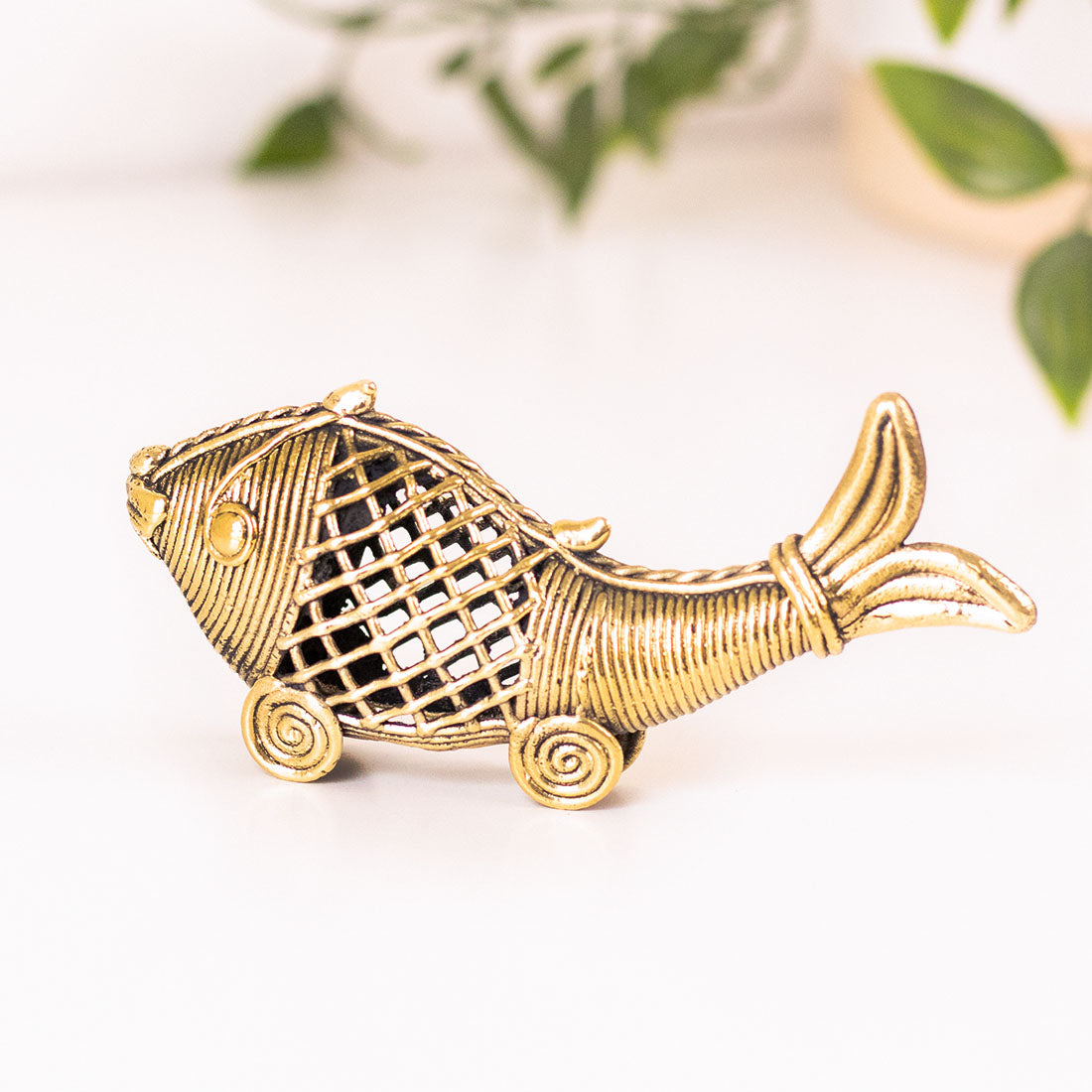Let’s start with a short history lesson. The day has been celebrated for over 100 years, for the first time organised by the Socialist Party of America in New York City at the end of February 1909. 1911 Europe followed suit after German activist Clara Zetkin suggested it at the International Socialist Congress. Over one million people attended marches in Austria, Denmark, Germany and Switzerland. Before and during the war women kept protesting against it and for peace. The agreed annual date chosen was the 8th March. In 1917, also in Russia women staged a strike in protest of food shortages and atrocious living conditions which was followed by the tsar’s abdication a few days later. However, the day hasn’t been officially recognized by the United Nations until 1975 and in 1977 it was proclaimed by the General Assembly as a Day for Women’s Rights and International Peace.
This year’s celebrations have the theme DigitALL: Innovation and technology for gender equality. It revolves around the empowerment for women and girls everywhere through access and education within the digital world. The event aims at exploring how the digital gender gap impacts social and economic inequalities. Part of the problem is also digital violence experienced personally by 38% of women in 51 countries where a specific study was held. Another important issue is as well the participation in the digital market, where currently men are the majority in the workplace as well as in digital education. So, it may feel like women are left behind.
The big events and the conference aside, it is good to remember on that day, and not only on that day, that many women still live in underprivileged conditions and have no means to decide about their fates. And even in countries where certain equalities are guaranteed women are still not allowed to make decisions about their own bodies. The hard work of the early 20th century suffragettes cannot be forgotten and has to continue.
Svadia also offers handmade products that support the empowerment of women and celebrating queens from Indian history:
- Tikuli Coasters:

- Tribal Gal Coasters

- Drama Queen Coasters


